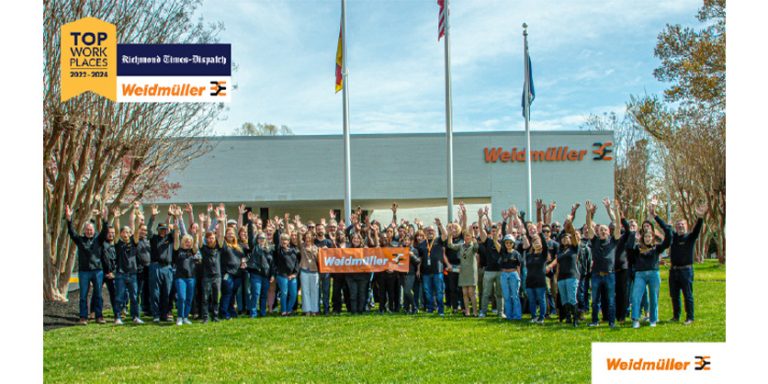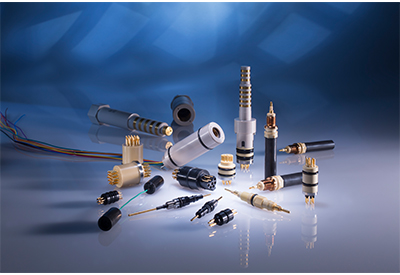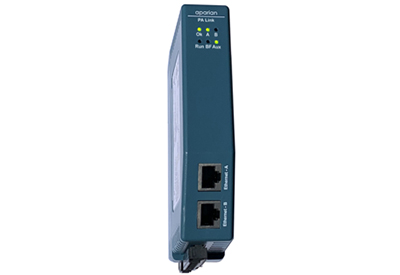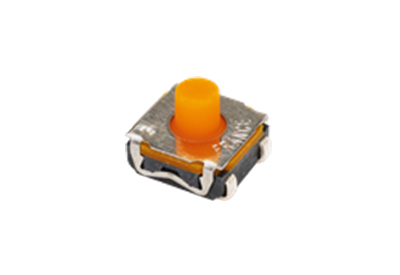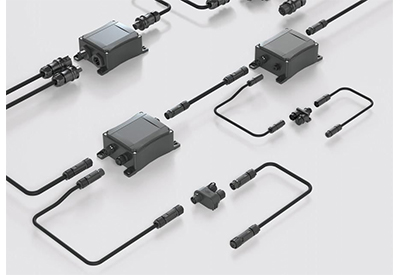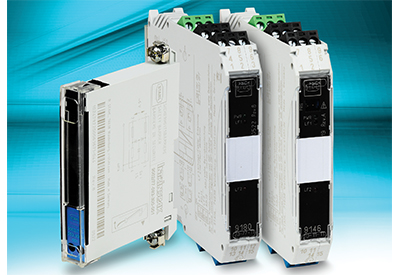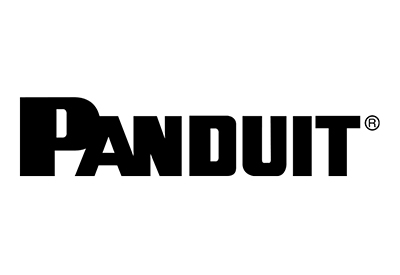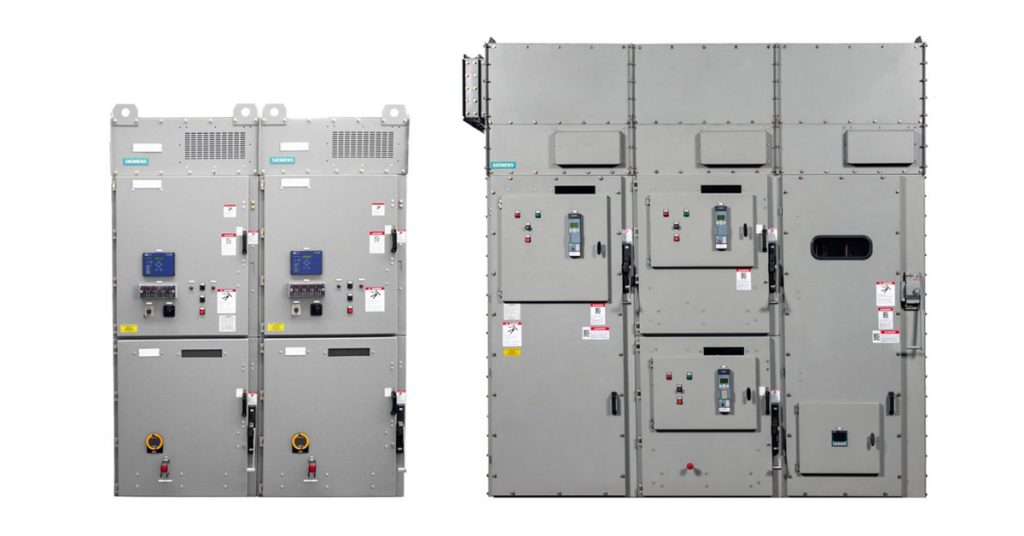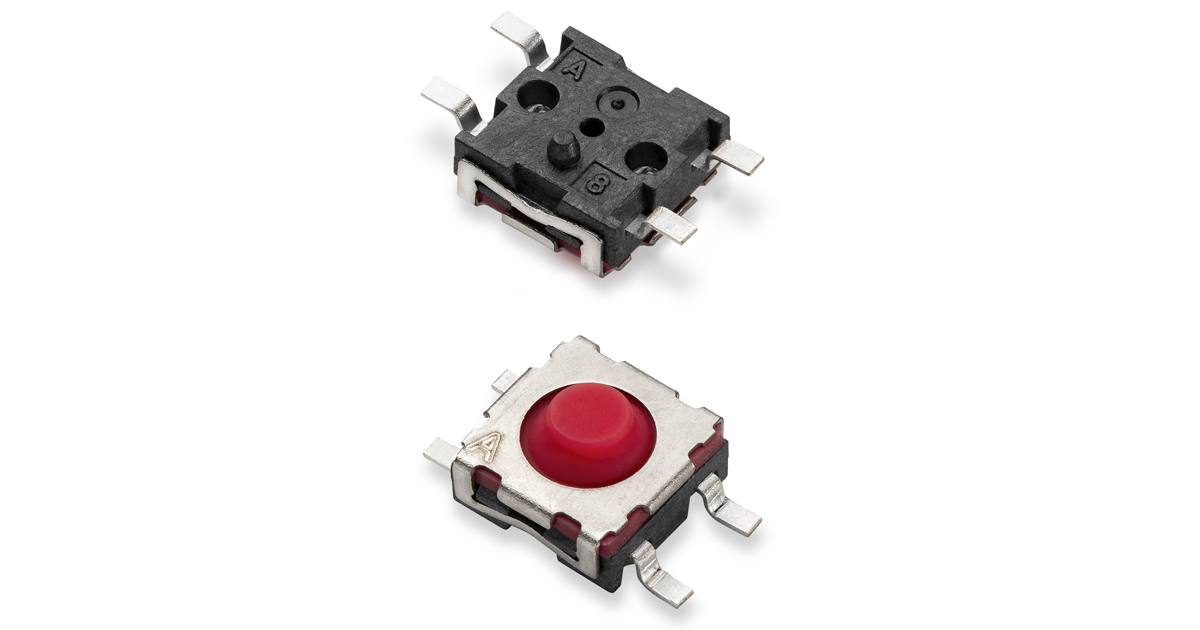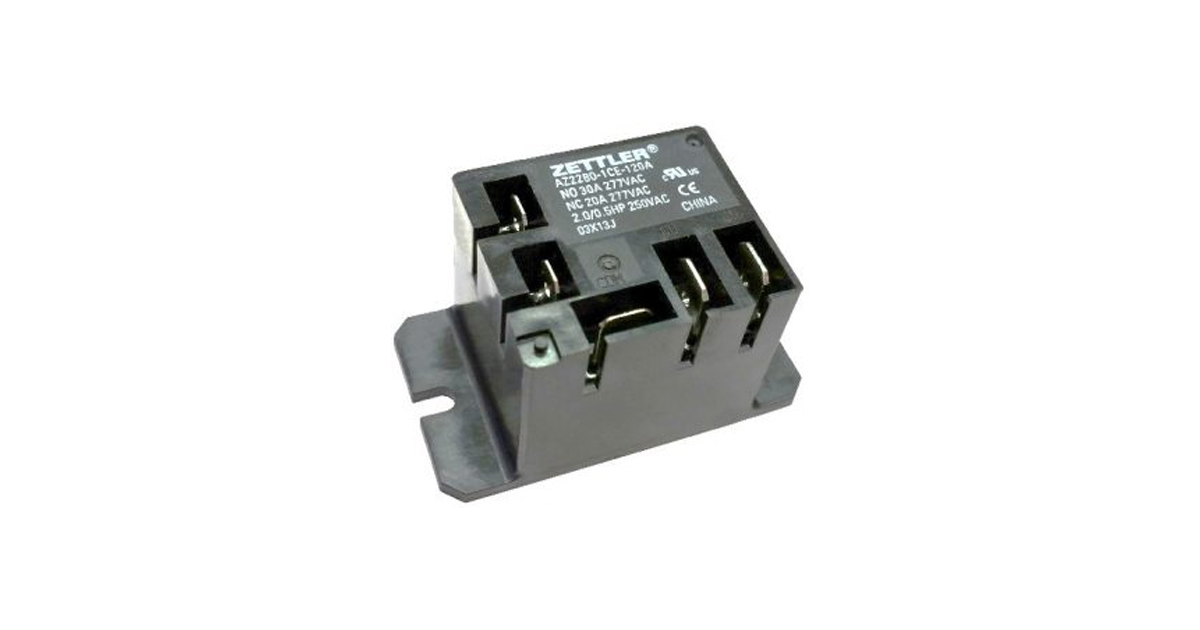Weidmuller: Industrial Gateway Communications Device
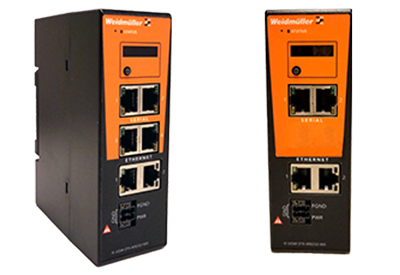
March 28, 2022
The new Industrial Gateway Communications Device by Weidmuller is a solution for interference-free data transmission over long distances. It is a single solution for connecting multiple devices, across multiple protocols. In systems where the installed base includes Industrial Ethernet and/or serial protocols, establishing communication across devices is critical and upgrading the equipment isn’t always feasible.
The Industrial Gateway is a very cost-effective way to move data between multiple PLCs and slave (server) devices, each with a different protocol, saving you time, money, and the headache of configuring multiple gateway devices.
The industrial Gateway supports 12 protocols (the equivalent of 15 one-to-one gateway devices). The more protocols you need bridged, the more savings you gain. It features 2 or 4 serial ports that operate simultaneously, allowing you to connect multiple devices with a single gateway. Additionally, each port can be configured with a different protocol. Weidmuller’s Industrial Gateway supports data transfers to and from any port, in any combination (ethernet to ethernet, ethernet to serial, serial to serial).

- – Single Solution: Multiple protocols, multiple communication ports, one box
- – Configurable: Transfer data to and from any port, in any combination
- – Multiple serial ports: Maximum device connectivity
- – Cost effective: The functionality of multiple gateways for the price of one
- – Intuitive navigation: Consistent configuration for any protocol conversions
- – No software to install: Browser-based configuration
- – No PLC programming: Transfer data without editing PLC code
- – Context-Sensitive help: Fully searchable with images and step-by-step instructions only one click away
Applications
- – Widely used in F&B, automotive and pulp & paper.
- – Supports DF1 protocol, which is highly used in water and wastewater.
- – Transform toward smart manufacturing and Industry 4.0 while retaining existing legacy equipment in the factory.
- – Maintain continuity with functional legacy systems while upgrading to new systems, including PLC and monitoring systems.
- – Control the migration from one PLC brand to another.
- – Integrate a machine where the PLC program cannot be modified.


